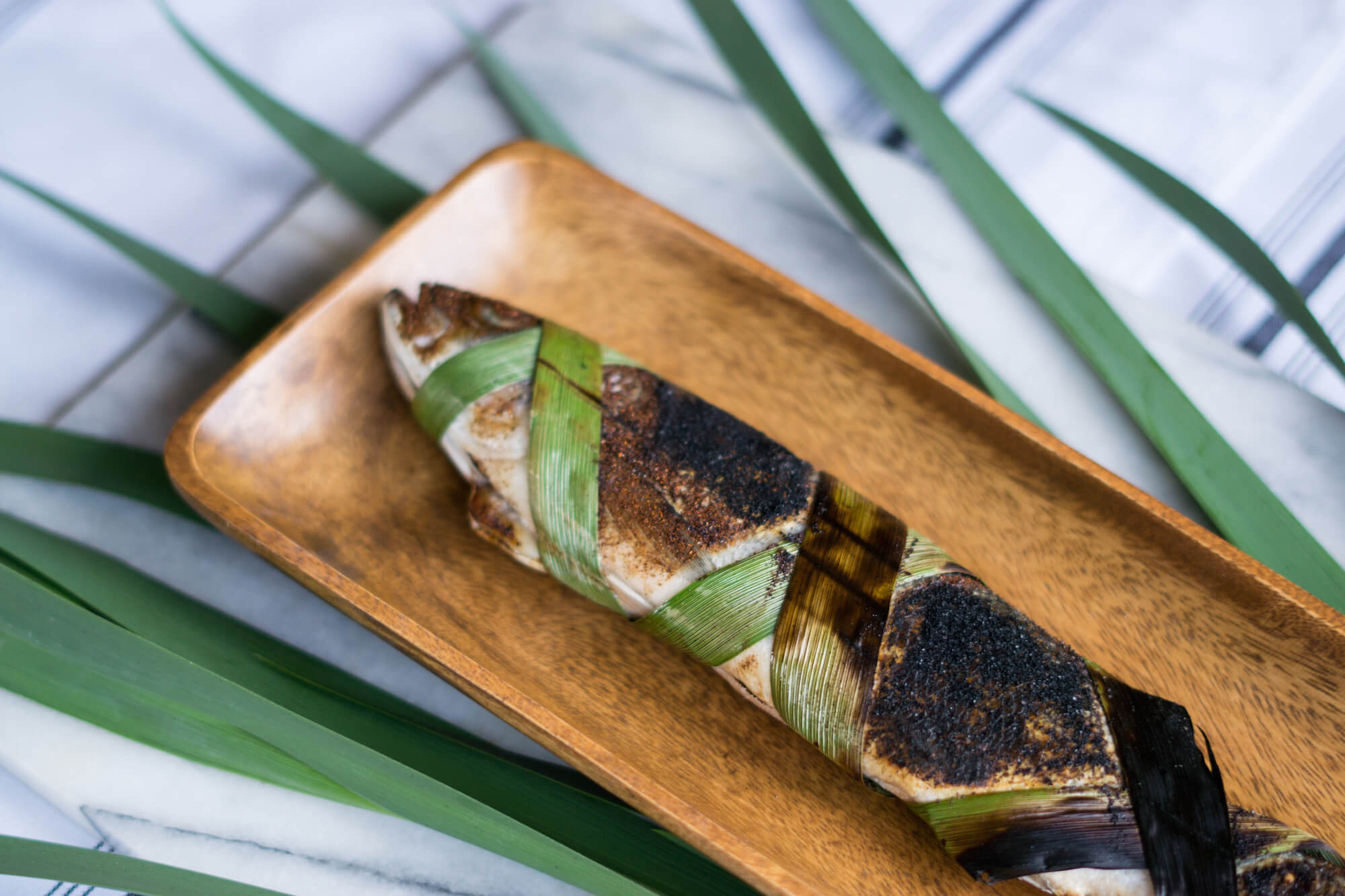The mighty Amazon River is one of the world’s longest and discharges more water into the ocean than the world’s next seven largest independent rivers combined. Flowing through Peru, Colombia, and Brazil, with tributaries in Venezuela, Guyana, Suriname, Ecuador, and Bolivia, the Amazon River is in total over 4,000 miles long.
Flowing through the most ecologically diverse jungle in the world, it makes sense that the same diversity would be found below the river’s surface.
Currently, there are over 3,000 known species of fish in the Amazon and that number continues to grow as more regions of the river are chartered and more fish studied by scientists.
Fish from the Amazon make up a significant part of the traditional Amazonian diet and hundreds of different fish species are collected by various tribes that live along the banks of the river.
Catfish are a very common type of fish in the Amazon with 1200 different species known, some of which come armored with thick scales and others that can literally walk on land.
The world’s largest freshwater fish, the pirarucu, which can easily feed a whole village, is known to grow up to 9 feet long and top 400 lbs.
One of the best-tasting fish in the Amazon, and known as one of the most delicious freshwater fish in the world, is the pacu which feeds off of mainly seeds and fruit that fall from riverside trees into the water.
Traditionally, fish were caught with nets, lines, and even spears.
Large fish, like the pirarucu which comes to the surface to gulp air every 15 minutes or so, are easily caught with spears. Smaller fish could be collected in nets made from palm tree fibers and it is a very common sight to see native men and children fishing with lines from boats or along the riverside.
In addition to providing a food source, many fish species also contributed tools to the native Amazonian people.
Piranha teeth are great for cutting rope and sharpening arrow tips. The scales of armored catfish make great nail files and smaller fish were in turn used as bait.
While there are a number of fish stew and soup recipes, in many Amazonian tribes fish are simply grilled over open fires.
With no need for pots or pans, freshly caught fish are just wrapped in jungle leaves to cook. Fully wrapped the fish can steam or braided into a lattice of leaves, delicate fish becomes more easy to flip on the fire for an even char.
In the past, overfishing was a nonissue in the Amazon.
With so much diversity, no one fish species was put under serious pressure by overfishing and it was only with the commercialization of fishing in the Amazon that issues began to arise.
Today, large fishing operations and commercial nets trawl the river and its tributaries catching dozens of fish varieties at a time and even larger river inhabitants like the endangered pink river dolphin or the rare Amazonian manatee. Fish that sell for a high price are kept while less valuable fish are often tossed back dead.
Often times overfishing can be improved simply by people consuming a larger variety of fish species.
This puts less stress on one species in particular and reduces the incentives for fisherman to toss back less desirable fish.
It is also important to consider where your fish comes from. Large commercial fishing operations that often skirt around environment regulations? Fish farms that have their own issues with pollution and disease?
While you probably will never come across Amazonian pirarucu or piranha for sale at your local supermarket, the same issues of chosing responsible fish sources exist pretty much anywhere you buy fish and no matter what type of fish you choose.
Do your research and choose wisely.

Amazon Grilled Fish
Fresh caught Amazonian fish is perfect grilled over an open fire with just a touch of seasoning.
1 whole fish (head on)
Large tropical leaves
Seasoning of your choice (sacha culantro, mild peppers, etc.)
Gut and prep your fish. Firm white fish like catfish, grouper, and snapper are all good substitutes for native Amazonian fish species.
Season fish with salt, pepper, and your own choice of spices.
Wrap the fish in large leaves, either completely for a steam effect or lattice style for a nice grill.
Place leaf-wrapped fish over an open fire and grill both sides until evenly cooked.
-
Amazonian
|
Dairy Free
|
Gluten Free



